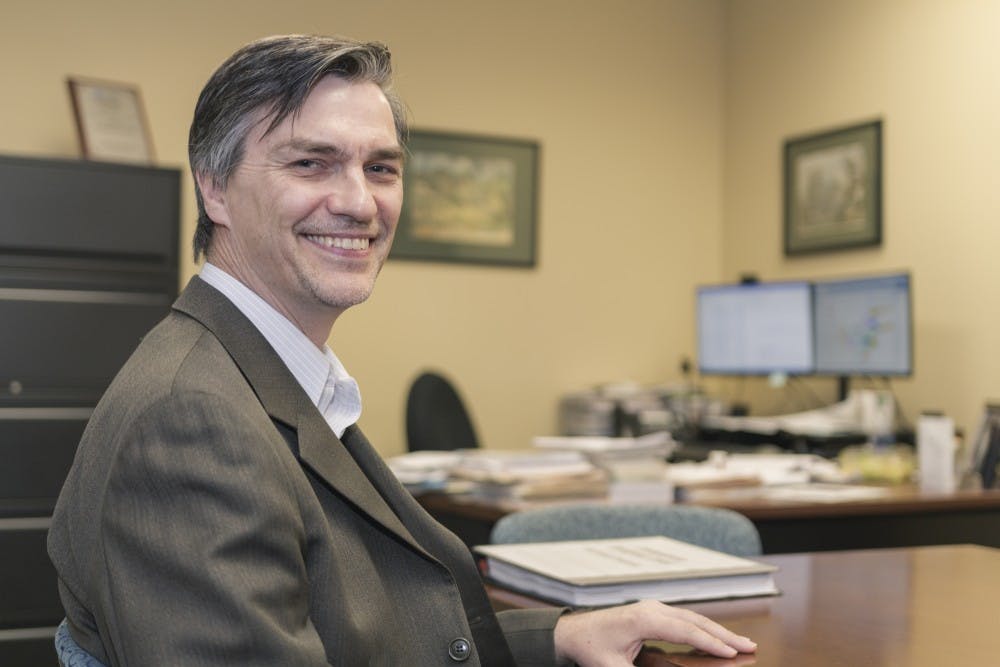
When religious studies professor James Pawelski was a college student, he found himself caught between his love for problem solving as a math major and his natural gravitation toward courses in humanities, where answers are less definite.
As the Director of Education and Senior Scholar in the Positive Psychology Center, Pawelski no longer has to choose. Working in the field of positive psychology lets him tackle questions in the humanities while using scientific approaches. Pawelski said he is particularly fascinated with the impact of arts and on well-being.
Thanks to a three-year, $2.5 million grant from Templeton Religion Trust, Pawelski will able to continue this research in this area, he said.
“I really valued the power and precision of STEM and I really valued the meaning I was able to investigate with the arts and humanities,” Pawelski said. “I thought if there was some way to bring these things together it would be really great.”
Pawelski will work with Purdue University psychology professor Louis Tay. The two have created a model to “operationalize” the arts and humanities. They hope to generate measures which will enable them to assess the well-being value of the arts and humanities.
“If we think about our lives without music or movies or art or literature in any way,” Pawelski said, “what kind of a hit will our well-being take? We don’t have way yet to quantify that.”
Pawelski and Tay will continue to develop their model through the grant which kickstarts the first part of a three-phase operation, Pawelski said.
The first phase will bring together 80 experts from various disciplines of arts and humanities to participate in discussions mediated by Pawelski. These disciplines include: philosophy, theology/religious studies, history, literature, music, art, theater and film. After three years, they hope to produce eight anthologies, one for each discipline.
These anthologies, which will assess the value and effect of their respective disciplines on human life, will be used to ”[develop] a toolkit of empirical measures.”
By the end of phase one, this toolkit of measures will be available online for free.
Phase two will use the toolkit to run large-scale, in-depth studies “to look for valuable new knowledge about the various ways the arts and humanities affect well-being,” Pawelski told Penn News.
Phase three will focus on applying what was learned both to formal settings, such as the classroom, and to informal settings, such as museums and concert halls. This last phase will also focus on working with organizations in New York, Boston and Washington, D.C.
Pawelski said he does not expect to conclude that “the humanities and the arts are good for everything,” because “different ways of engaging in the arts and humanities for different people will likely have different kinds of outcomes.”
The Daily Pennsylvanian is an independent, student-run newspaper. Please consider making a donation to support the coverage that shapes the University. Your generosity ensures a future of strong journalism at Penn.
Donate



